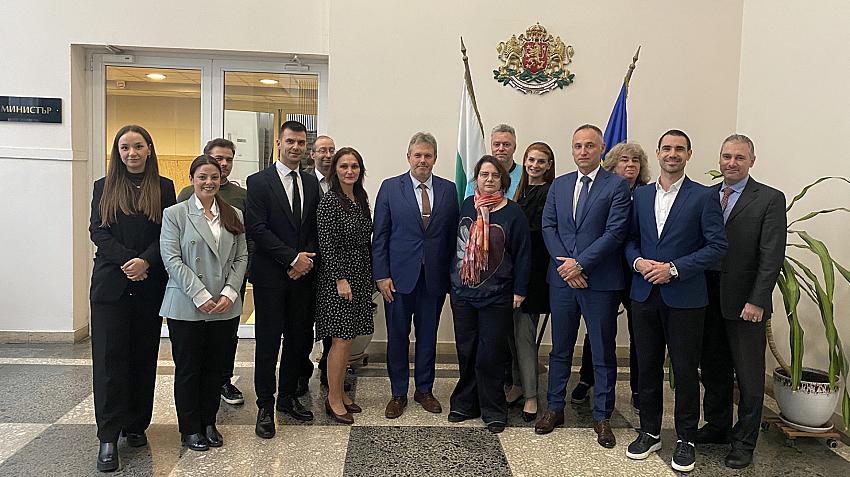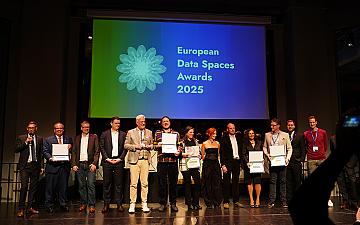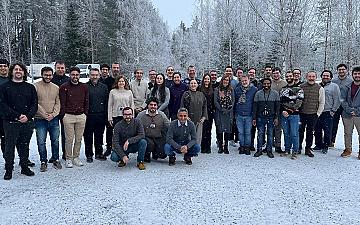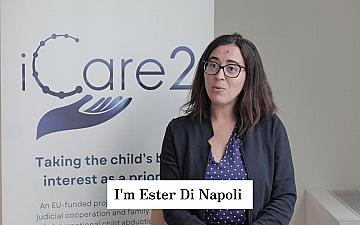On 7 October 2025, a meeting with the ICT Community Advisory Council on Bulgaria’s digital transformation took place, bringing together Deputy Minister Alexander Yolovski, national representatives, and Mrs. Eline Chivot, Policy Analyst at the Directorate-General for Communications Networks, Content and Technology (DG CONNECT) of the European Commission and Coordinator for Bulgaria for the implementation of the European policy programme “Digital Decade” until 2030. The meeting underscored Bulgaria’s progress in the digital domain, and the pressing need to strengthen cybersecurity, skills, and innovation readiness.
The conversation took place in the context of Bulgaria’s ongoing efforts to modernize public services, develop national data spaces, and enhance digital governance. As Deputy Minister Yolovski emphasized, e-health initiatives and the creation of the country’s first data spaces are among the Ministry’s key achievements. Yet, while connectivity in Bulgaria remains among the strongest in Europe, the country continues to face challenges related to digital skills and uneven regional coverage especially in the rural areas.
A special focus of the meeting was the exchange with Mrs. Eline Chivot who is the Coordinator for Bulgaria for the implementation of the European policy program “Digital Decade” until 2030. Mrs. Chivotpresented the upcoming activities of the European Commission as well as the EC’s views on the importance of the Programme and its related policies. The discussion provided participants with the opportunity to share insights and priorities related to key topics such as artificial intelligence, cybersecurity, competitiveness, digital sovereignty, emerging technologies, and digital skills.
The goal of this exchange was to provide valuable input to the European Commission on the challenges, goals, and opportunities identified in Bulgaria. The progress of all Member States in achieving the Digital Decade objectives by 2030 is reflected annually in the Commission’s reports, which are informed by such national-level dialogues with institutional and sectoral representatives.
Participants also reflected on the European Commission’s 2025 report, which report identifies several key challenges for Bulgaria. Notably, gaps in digital skills, limited workforce readiness, and low levels of cybersecurity preparedness. While interest in digital innovation is rising, only around 6.5% of companies in Bulgaria currently integrate AI into their operations. Addressing this gap, alongside cybersecurity vulnerabilities, remains a top priority for the government.
A recurring theme in the discussion was digital sovereignty, a concept linked to competitiveness, strategic autonomy, and trust in Europe’s digital infrastructure. Cybersecurity emerged as one of the most discussed topics on the table. While progress has been made, participants noted the need for more tangible outcomes and a stronger culture of digital resilience. Participants showcased their motivation to work consistently in cybersecurity education and readiness, with special attention to women’s inclusion and the development of cyber literacy programmes.
The discussion further emphasized the importance of media literacy, data economy development, and cross-sector cooperation. NGOs and the private sector were identified as essential partners in promoting digital awareness and supporting initiatives.
Looking ahead, Deputy Minister Yolovski outlined Bulgaria’s priorities:
In the short term - strengthening cybersecurity and digital identity.
In the long term - addressing the digital skills gap to sustain innovation and competitiveness.
The meeting concluded with a shared understanding that achieving the goals of the Digital Decade 2030 cannot be achieved in isolation. It requires coordination between government, industry, and civil society. Bulgaria’s vision is to remain an active and reliable partner in shaping Europe’s secure, competitive, and innovative digital future.









